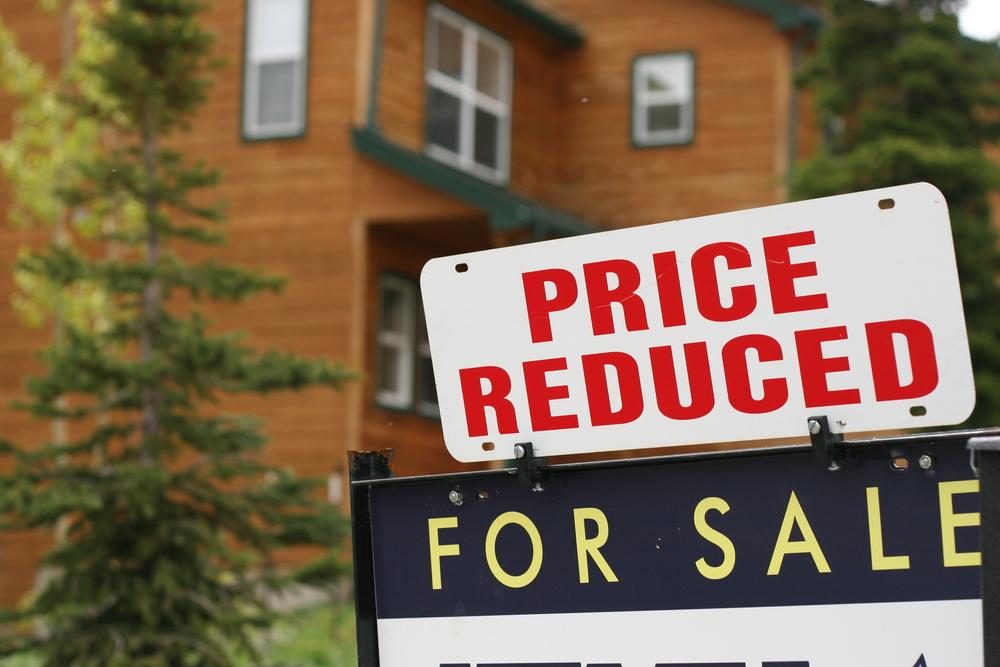Was the subprime mortgage crises caused by poor math skills?
A recent study suggests that borrowers who do poorly on a basic math test are more likely to miss mortgage payments and eventually fall into foreclosure. Persons who performed poorly on the test were about four times as likely to go into foreclosure as those who performed best.
The study, published by the Federal Reserve Bank of Atlanta, used a series of five math word problems involving division, percentages and fractions. Of those who scored worst on the test, 20 percent were found to have experienced a foreclosure start, compared to only 5 percent of those who answered all five questions correctly.
The survey involved about 350 subprime borrowers in Connecticut, Massachusetts, and Rhode Island who took out mortgages in 2006 and 2007. The study was conducted in the summer of 2008.
The math questions asked borrowers to solve such problems as figuring the price of a $300 sofa on sale for half off, and the original price of a used car selling for two-thirds its price when new. A fifth question asked to calculate how much interest would be earned in two years by a savings account paying10 percent annual interest and with a starting balance of $200.
Based on their answers, participants were ranked into four groups. Those in the bottom group were found to be behind on their mortgage payments about 25 percent of the time, versus only 12 percent of the time for the top group. The results held up strongly even when adjusting for other factors such as income, mortgage type, cognitive skills and social class.
"Individuals with poor numerical ability do not appear to make systematically different choices with respect to their mortgage terms," the study said. It later added "The robustness of our empirical estimates leads us to conclude that limited numerical ability played a non-trivial role in the subprime mortgage crisis."
Nearly 70 percent of all respondents missed at least one of the first four questions, making up the bottom two groups in the survey. Only 16 percent fell into the lowest group, missing at least three of the first four, but differences between the two bottom groups were fairly small; those in the second group were delinquent about 21 percent of the time, compared to 25 percent for the bottom group. The second group actually had a slightly higher rate of foreclosure starts.
Only 13 percent of all respondents answered all five questions right and were ranked in the top group; 16 percent answered all but the simple-interest fifth question and were ranked in the third group. The ability to answer the simple-interest question appeared significant, as those in the third group were about half again as likely to be delinquent as those in the top group, and less than half as likely to have experience a foreclosure filing.
The study, with the short title Financial Literacy and Subprime Mortgage Delinquency, was conducted by Kristopher Gerardi of the Atlanta Federal Reserve, Lorenz Goette of the University of Lausanne, and Stephan Meier of Columbia University's Graduate School of Business.





